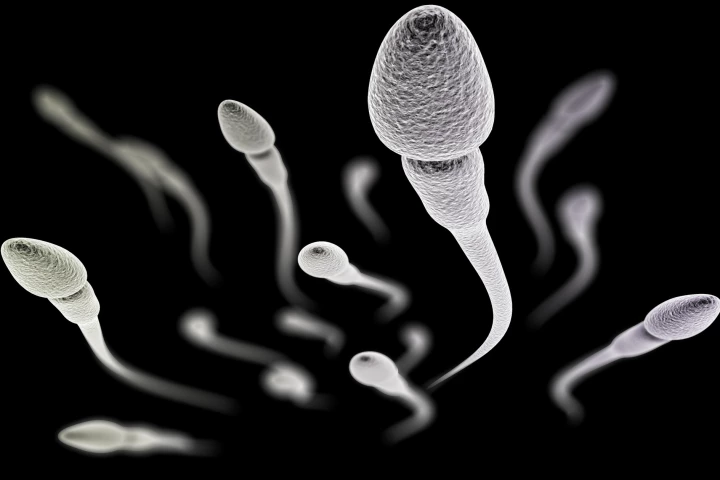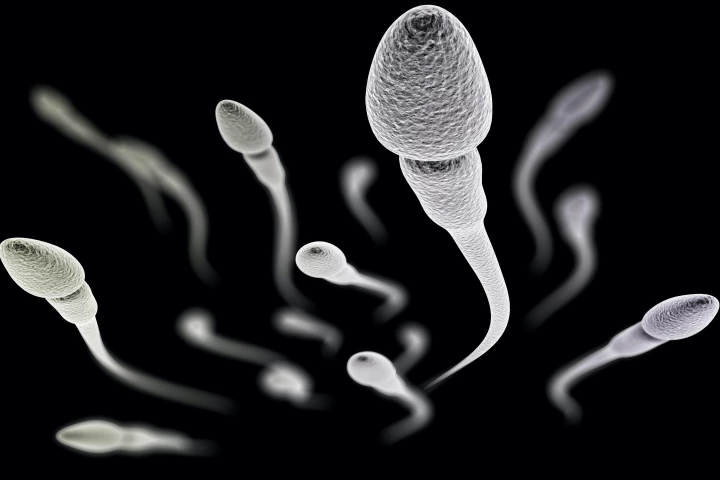Contraception
-
A non-hormonal, reversible and safe male pill may be in sight, as scientists successfully silence a protein crucial in fertile sperm production. Knocking out this protein temporarily resulted in unviable sperm, without any lasting impacts on fertility.
-
Taking frequently prescribed contraceptive hormones for a year or more has been linked to a heightened risk of developing a serious brain tumor. One of those hormones, medroxyprogesterone acetate, is currently taken by some 74 million women worldwide.
-
For women on the oral contraceptive pill, mood changes are common and can be a reason why they stop taking it. A new study has found a link between taking the combined oral contraceptive pill and the risk of depression, especially in younger women.
-
Getting your cat spayed is a normal part of pet ownership, but it can be expensive, invasive and not very practical on strays. Now scientists have tested a new method that renders female cats permanently sterile with a single gene therapy injection.
-
Researchers have discovered a gene in the testicular tissue in multiple mammals, including humans. Disabling it changed the shape and function of sperm and could lead to an oral contraceptive for men that would only work while it is administered.
-
Male contraceptives have traditionally been limited to condoms and vasectomies. Now scientists have demonstrated a promising new method that takes the form of a pill that can be taken just before sex, greatly reducing fertility for 24 hours.
-
Researchers have developed a non-hormonal male contraceptive pill that disrupts a protein involved in sperm formation. Tests in mice have so far been promising, showing effective prevention of pregnancy, reversibility within weeks, and no side effects.
-
Although spermicides do already exist, they're still not 100-percent effective. Scientists are developing what could be a more reliable alternative, in the form of a vaginally applied solution that keeps sperm trapped within the semen.
-
Contraceptives like the pill may be effective, but messing with hormones has a range of unpleasant side effects. Now researchers are experimenting with a new non-hormonal contraceptive based on antibodies, which stops sperm swimming through mucus.
-
When it comes to contraceptives, men typically have to remember to use a condom, or get a difficult-to-reverse vasectomy. There may soon be a new option, however, in the form of injected particles that are magnetically guided to the testes.
-
A new breakthrough could lead to a safe, effective and reversible male contraceptive pill, as a compound from traditional Chinese medicine has been shown in tests to render mice and monkeys temporarily infertile.
-
Why use three separate products, when just one will do the trick? That's the thinking behind an experimental new contraceptive gel that combines a spermicide, an anti-viral agent and a libido enhancer in one formulation.
Load More











